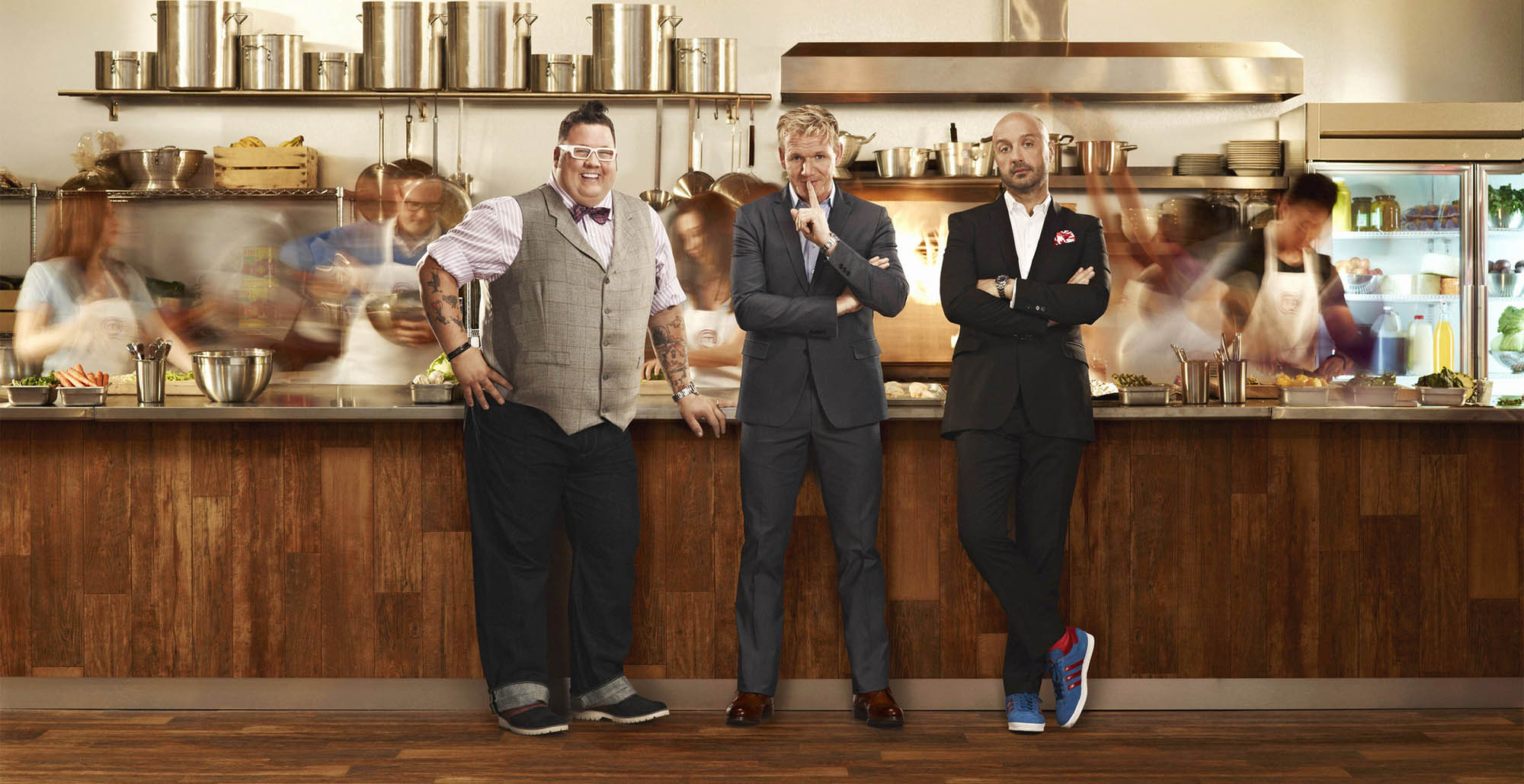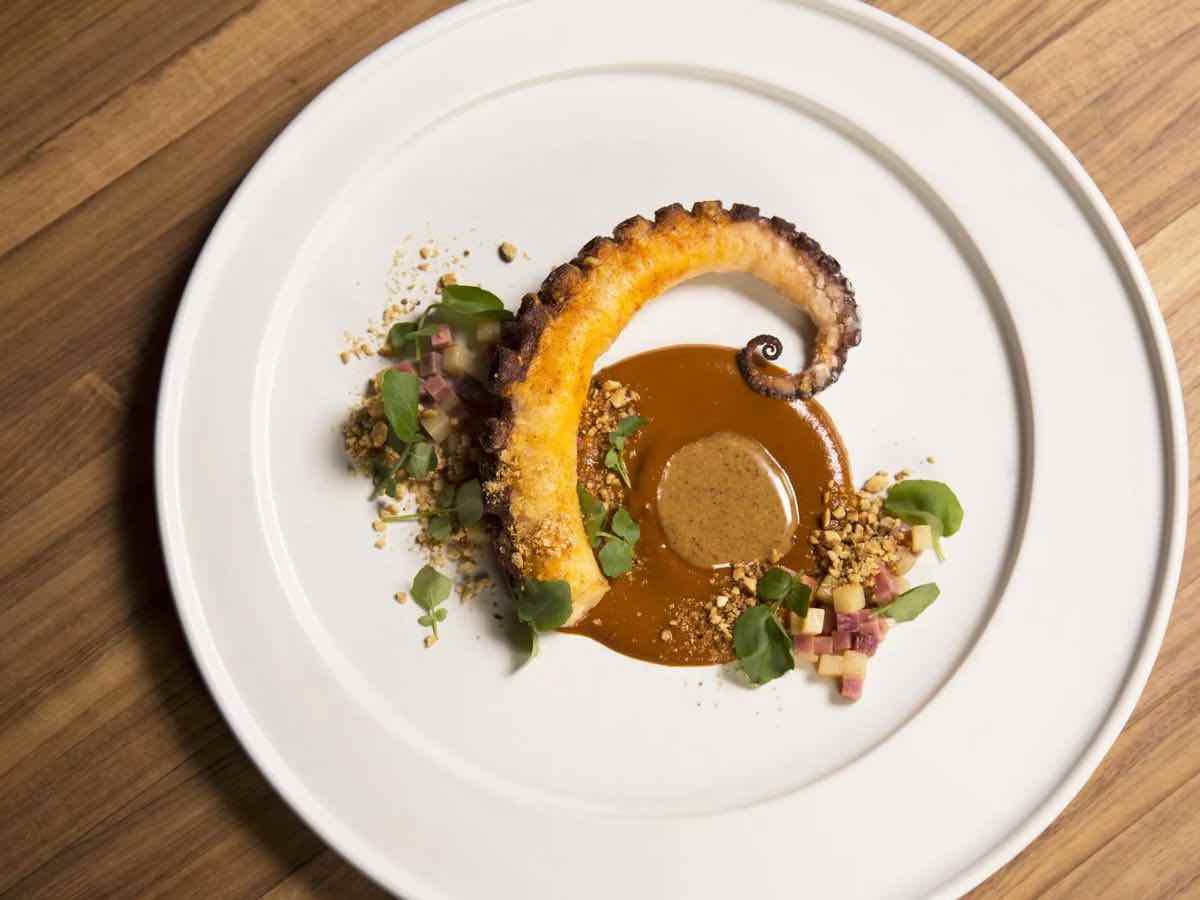
‘Chef’s Table’: Why are we so obsessed with food shows?
The main ingredient for any successful cookery program is flair. The reason our eyes are glued to the screens is not just gluttony, but the showmanship that comes with the job of being a TV chef.
Since the first cooking show was broadcasted on BBC TV in 1946, it’s been proven that simply following a recipe does not whet the audience’s appetite. We demand food programs for our entertainment; we want to see something new, something exciting.
Even back then, Philip Harben – arguably the first celebrity TV chef – began demonstrating dishes that wartime Britain had been deprived of. In the first episode of Cookery Lesson, Harben showed the audience how to make lobster vol-au-vents.

Unique presentation
Nowadays, a food show of a TV chef is not so humble and is often accompanied by a book release, YouTube videos of each recipe, and a furious press tour to promote the whole lot. We get sucked in because each program has its own flair, whether this is derived from the presenter (think Gordon Ramsay’s infamous temper) or the unique aspect of the show.
Masterchef has classic competition down to a tee and since its broadcast in 1990, the show has expanded to over 200 territories globally. The Great British Baking Show contains quirky comforts and baking fails, while a new wave of high-end documentaries such as Chef’s Table have emerged across streaming platforms. There is something to cater to every taste – even those who want to watch Guy Fieri on repeat. No judgements here if you do.
Chef’s Table is a documentary series that recounts the experiences and inspirations behind the world’s most renowned chefs. It has been on for six seasons and has included guest appearances by chefs like Jordi Roca, Cristina Martinez, Corrado Assenza, and Will Goldfarb.
Anthology format
Chef’s Table director David Gelb talked to IndieWire about the series and why it has captivated so many viewers. “I think it’s a question of focus,” he stated. We’re interested in narrative. It’s not necessarily based around events — it’s around people’s personal stories and personal journeys, and so there are arcs and evolutions that come of that, that I think are different than a traditional reality food program.
Another director, Andrew Fried, told the outlet that the anthology format helps them stand out from other food-themed programming. “From a methodology standpoint, it’s fundamentally different from the foundation to the top of the building, the way we approach how we capture the footage, how we try to tell the stories, how we are crafting,” he explained. We view each of these as a film. That film is part of a series and they all, we hope, feel like they are connected in some way and cut from the same cloth. But each story is its own film and that’s how we approach it.”
Food culture
Food and Wine reported that Chef’s Table has already been renewed for an eighth season on Netflix. The season has a proper release date, but it is expected to follow the four-episode format of seasons past. Gelb told Uproxx that he hopes the upcoming season will encourage viewers to go out and try different foods.
“I think the positive is that it’s setting a higher aspirational bar”, he stated. “The chefs are creating role models on all different levels that will allow for food culture to proliferate. More people will care about food. They’ll want better food. And that demand will allow chefs to open restaurants that will be successful. More people will eat out and hopefully try new things.”
The evolution of how we watch cookery programs has changed dramatically since the 40s and our consumption of the genre has never been more droolworthy thanks to the vast selection on streaming platforms. So pick something quick or your food will get cold!



